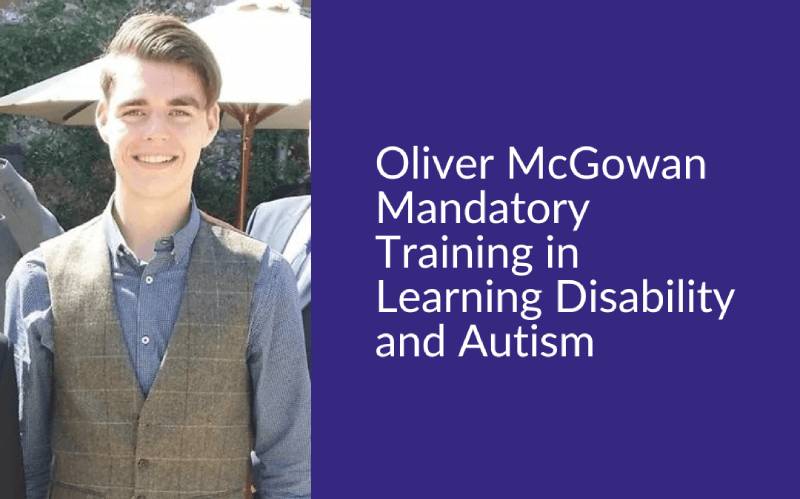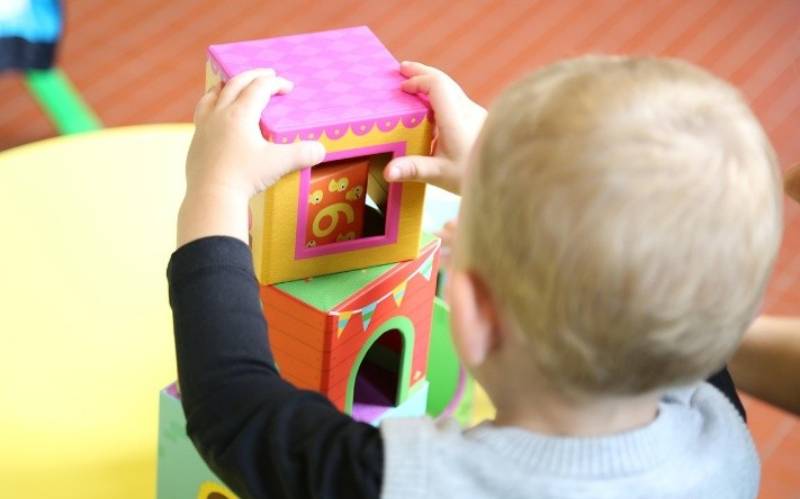Whilst the benefits of training for individuals and businesses are clear, it’s important to remember that what works really well for some people may not work quite so well for others.
In this article we discuss the various kinds of training that we provide- online, face to face and distance learning- as well as blended solutions that combine more than one approach.
Online
Online learning can be carried out anywhere remotely and at a convenient time, and only requires a good internet connection. This makes it more flexible than traditional classroom structures, and courses which are also mobile enabled and combine text, graphics and video to create a unique learning experience often provide the optimal learning experience for those who need that level of flexibility.
Because the courses are effectively delivered in the same way to each participant, the learning process can reach many people at the same time and is consistent in terms of the content that the participants receive.
Our own online training system is easy to use and is a convenient and cost-effective way for candidates and customers to take their statutory mandatory training as well as other courses that can help with continuous personal development (CPD).
All our courses (apart from those which are practically assessed) are available online, so there’s a wide variety to choose from.
Candidates can take their training at a time and place that suits them.
The system is easy to use and get up and running with.
Cost-effective as candidates get three attempts at the test with each purchase of the course.
Mandatory course packages are available.
Our courses work on computers, tablets and smartphones, so whatever device you prefer to use, the course will work on it.
In summary:
Online training is a convenient and cost-effective way for candidates and customers to take their statutory mandatory training and other courses. Online training offers flexibility and is useful for those who find that they don’t work so well in the classroom environment.
Face to Face
For many people, particularly those who enjoy being with other people, face to face training works well. Working with instructors and other learners in person provides opportunities for greater interaction. Talking to another person face-to-face usually provides greater clarity and understanding than communicating through texting or email so in that sense it’s possible to get much more out of face to face training if you’re one of those people who makes sure they ask lots of questions!
Interaction between students and a good trainer is clear and accurate. As mentioned above, students can ask direct questions from the trainer but are also able to interact with each other, benefitting from team building and networking with their peers, which often helps to enhance the experience further.
Our Training Academy boasts a purpose-built training facility in Chepstow where customers can attend courses as individuals or organisations. All our courses are written and delivered by qualified nurses or subject specialists with the relevant experience in that subject. However, we also offer the same level of service to customers at their own venues right across the whole of the United Kingdom, at a date and time convenient for them. Recognising that some customers require evenings or weekends to do their training due to work or family commitments, we do our very best to accommodate those needs.
Booking is easy and each customer has a dedicated training administrator. In most circumstances our training is delivered by Registered Nurses and specialists from the particular subject and content of the course.
Courses are delivered by experienced, qualified trainers who come from a health care background and who have the relevant clinical skills.
Our Manual Handling, Fire Safety and Resuscitation Level 2 courses are only delivered in a face to face environment due to the practical assessment element. This ensures the safety of trainees and their service users when working in a health care environment.
In summary:
Everyone gets the opportunity to practise the practical elements of the training, and the trainer brings along training equipment so that candidates can have a go- so it’s very much a hands-on experience. The trainer is there throughout to answer questions so face to face training is very much a case of “the more you put into it, the more you get out of it”.
The trainer can also correct candidates’ practical techniques, so the candidates go away knowing that they truly know the material. As many of our courses involve practical, physical procedures, having the right technique for these is critical.
Distance learning
Not all candidates are comfortable using technology as a learning tool (i.e doing online courses) and would rather read through printed training material. This is obviously a simple to use system and is particularly useful as part of a blended learning solution to enhance face to face training sessions.
All our own courses (apart from those which are practically assessed) are available as distance learning.














